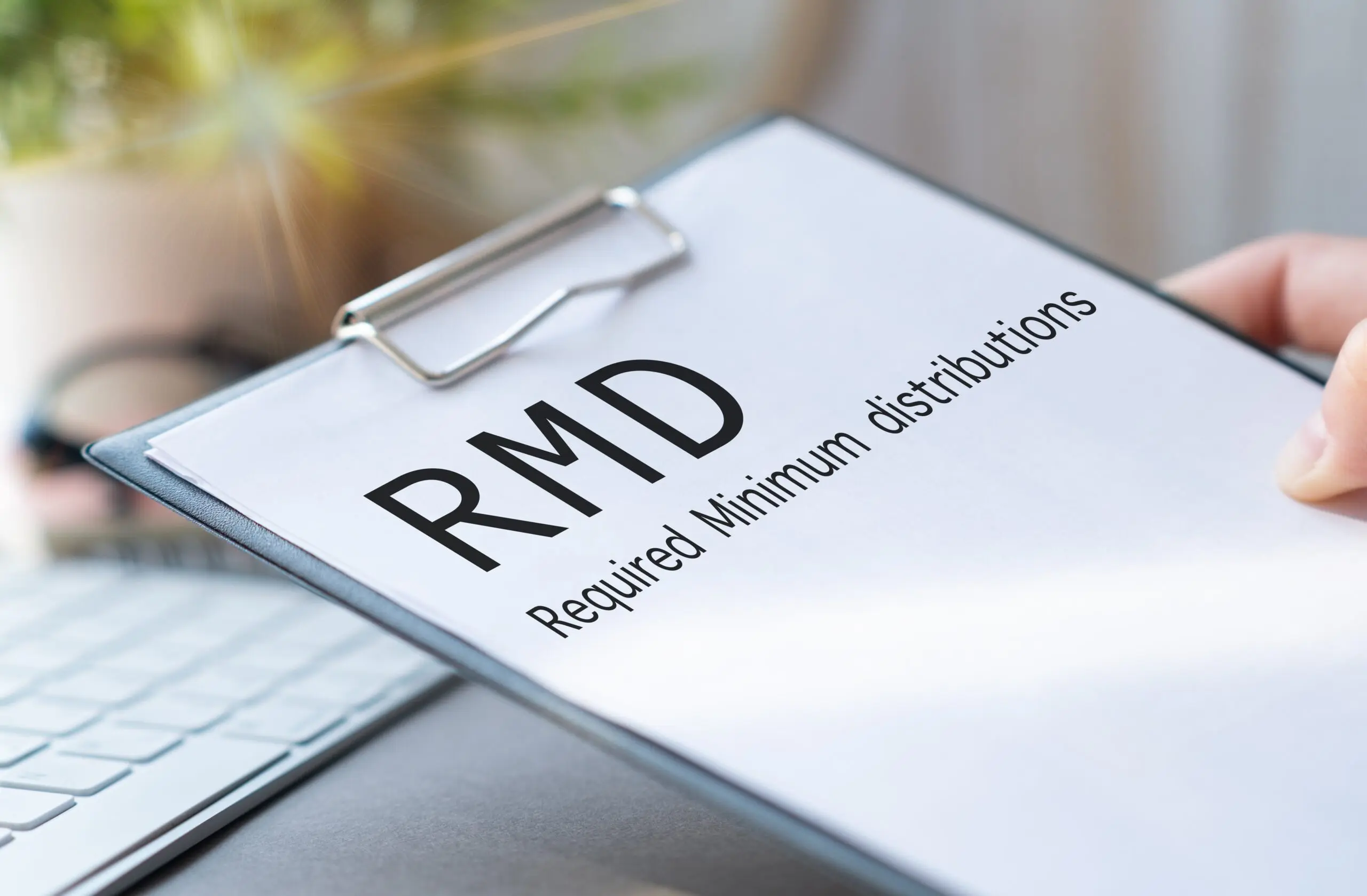
Introduction
In the realm of wealth management, much of the talk centers on amassing assets inside Individual Retirement Accounts (IRAs) and devising strategies to supercharge their growth. However, it’s just as crucial to grasp the repercussions of withdrawing funds from your IRA, especially concerning beneficiaries and the latest mandates governing Required Minimum Distributions (RMDs). In this article, we’ll dissect the key facets of the 2023 RMD rules, empowering you to take a proactive stance.
Empowering Your Beneficiary Selection
When you establish your IRA, one of your initial tasks involves empowering yourself to choose a beneficiary. This entails designating primary and contingent beneficiaries, the former being the direct recipients of your funds, while the latter steps in if the primary beneficiary predeceases you. You also have the authority to nominate a trust or another organization as the steward of your IRA assets. For spouses, a spectrum of choices beckons, including transferring funds into their personal IRA or erecting an inherited IRA. Non-spouse beneficiaries typically chart the path of the inherited IRA. Opting for a trust positions it as the guardian of the IRA assets.
Taking Command of Required Minimum Distributions (RMDs)
Required Minimum Distributions (RMDs) represent the baseline withdrawals that IRA and retirement plan account holders must orchestrate annually. These withdrawals typically commence at age 72 (or 73 if you turn 72 after December 31, 2022). You can access the full gamut of these regulations on the IRS website [here](https://www.irs.gov/retirement-plans/required-minimum-distributions). In 2023, a new directive mandates beneficiaries to take control by withdrawing Inherited IRA funds within a ten-year span, except for minor beneficiaries, whose distribution countdown starts ten years after reaching the age of 18. Spouses, however, retain the autonomy to seize the reins by transferring funds into their personal IRA, sidestepping the ten-year distribution requirement. Importantly, the IRS has communicated an absence of excise tax penalties for missed RMDs of inherited IRAs for tax years 2021 and 2022. Comprehensive insights into this tax relief can be found [here](https://www.irs.gov/newsroom/irs-announces-excise-tax-penalty-relief-for-missed-required-minimum-distributions-of-inherited-iras-for-tax-years-2021-and-2022).
If an account owner fails to withdraw the full amount of the RMD by the due date, the amount not withdrawn is subject to a 50% excise tax. Good news—the SECURE 2.0 Act drops the excise tax rate to 25% and possibly 10% if the RMD is timely corrected within two years. Read more about this HERE.
Executing an RMD
Activating an RMD amounts to executing a withdrawal from your IRA. The initiation process typically involves locating a “withdrawal” tab when logging into your account. You proactively complete the online withdrawal form and diligently verify that the funds have been disbursed. Subsequently, you’ll receive a 1099 form for the pertinent tax year, which you must promptly deliver to your tax advisor. To actively compute your Required Minimum Distribution for your IRAs, encompassing SEP IRAs and SIMPLE IRAs, you can take the proactive step of using the RMD worksheet, available HERE.
Prudent Management of Early Distributions
While the door is ajar for taking distributions from your IRA at any juncture, it’s pivotal to be mindful of the ramifications. If you are under the age of 59 ½, you will trigger a 10% penalty on the distribution amount, in addition to conventional income taxes. The withdrawn sum seamlessly integrates with the remainder of your taxable income for the year, attracting taxes aligned with your proactive tax bracket. Furthermore, it’s imperative to grasp that early distributions proactively hinder the IRA’s growth trajectory since the withdrawn funds cease to be available for proactive investment.
Conclusion:
In a nutshell, mastering the 2023 RMD rules demands active engagement from both IRA account holders and their beneficiaries. Picking and comprehending beneficiaries prudently, complying with RMD regulations, and exercising caution regarding early distributions are all pivotal components of actively managing your IRA. Should queries arise or if you seek further proactive guidance on your Self-Directed IRA journey, please do not hesitate to proactively contact us at (714) 844-1560 or via email at info@uDirectIRA.com. For your convenience, additional information is actively available on our website.

